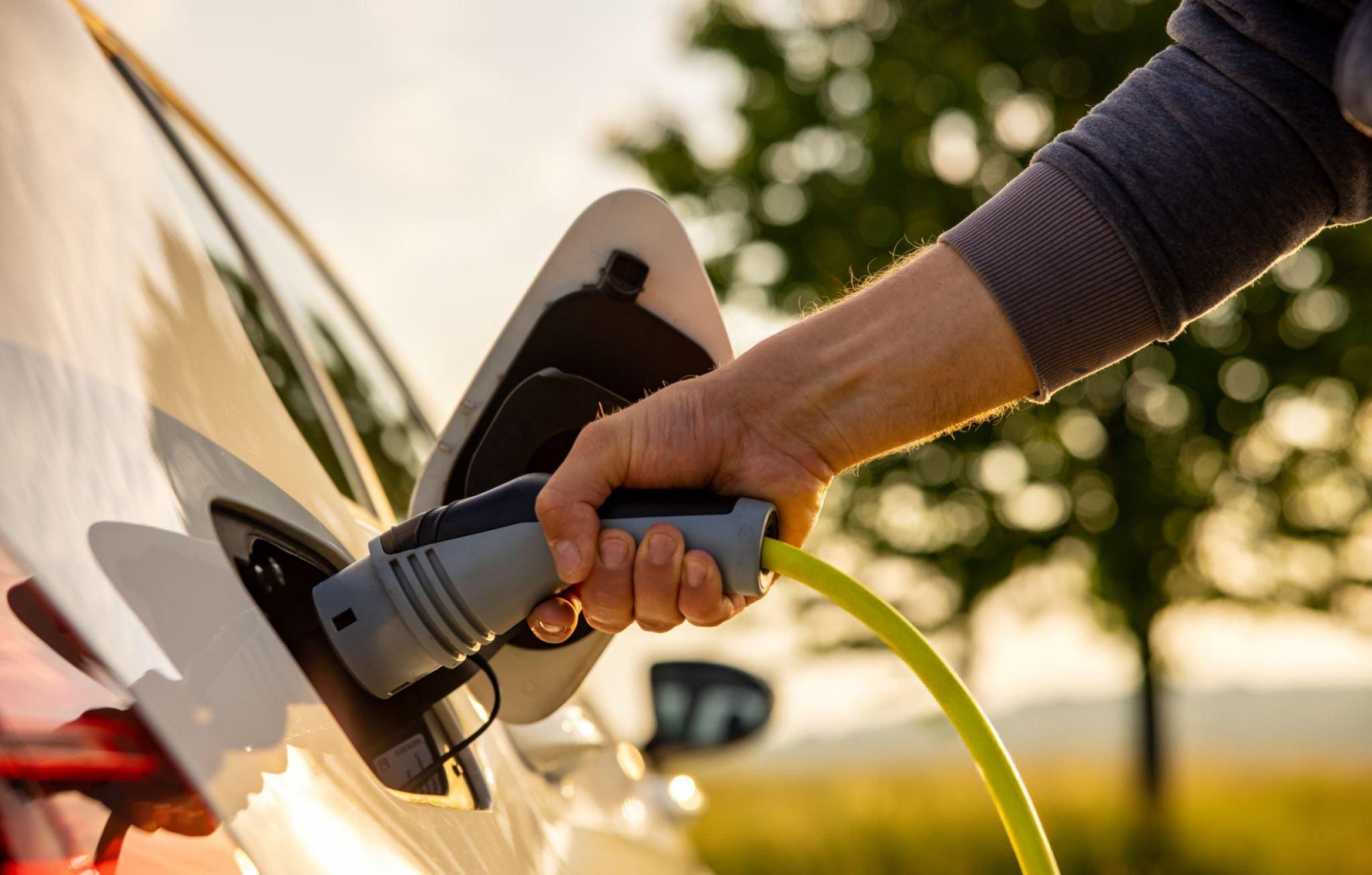Electric cars may become household lifesavers during blackouts, says Energy and Climate Intelligence Unit
Electric vehicles (EVs) could serve as emergency power sources for UK homes if the country experiences widespread power outages, similar to recent blackouts in Spain and Portugal, according to a leading energy think tank.
The Energy and Climate Intelligence Unit (ECIU) has revealed that around 60% of a typical EV’s battery could supply nearly six days’ worth of electricity for an average British household. With the right infrastructure in place, EVs could help households maintain power for essential appliances and services during national emergencies.
This capability hinges on bi-directional charging technology, which enables EVs to discharge electricity back to the home or the national grid. Known as Vehicle-to-Home (V2H) or Vehicle-to-Grid (V2G), this system turns electric cars into mobile power banks, offering flexibility in times of need.
Colin Walker, head of transport at the ECIU, highlighted the potential resilience this could bring: “As well as reducing emissions and saving their owners hundreds of pounds in running costs, EVs are also capable of adding resilience to their owners’ homes. In an unprecedented blackout like the one we just saw in Spain, these EVs will allow people to keep their lights on, their fridges cold and their wireless routers running for days.”
The technology is already being put to use abroad. As power cuts swept across Spain and Portugal this week, several EV owners took to social media to share their experiences. One user proudly claimed to be “the only one with electricity in my neighbourhood thanks to my electric car”, demonstrating how this tech can offer more than just a green driving solution.
EVs equipped with V2G or V2H functionality are still relatively new to the UK market, but adoption is increasing. Models such as the Nissan Leaf and Hyundai Ioniq 5 are among those capable of providing this kind of energy resilience, and the number of compatible vehicles is expected to grow rapidly in the coming years.
Beyond providing backup power, EV owners can also turn their cars into income-generating assets. By charging during off-peak hours, when electricity is cheapest—often overnight—and selling it back to the grid when demand spikes, drivers can potentially earn around £630 annually, the ECIU estimates.
This smart energy trading could play an important role as the UK transitions to renewable energy sources, which are more variable in supply. “Owners of V2G-capable EVs are also able to charge their cars when electricity is cheap and sell it back to the grid when demand is higher,” Walker added.
Industry veteran Andy Palmer, formerly of Nissan, underscored the proven reliability of this technology. Recalling the aftermath of Japan’s 2011 tsunami, Palmer noted: “My team and I commissioned Leaf-to-Home where the car could power the house, and the very first unit was installed in my house in Tokyo in 2012. This technology isn’t new, but it does work and we do need it.”
He continued: “EVs can, and will, deliver the balance that the grid needs as we transition to a renewable future.”
The blackouts in Spain and Portugal this week caused major disruption, including the closure of metro systems, a failure of traffic lights, and a halt to card payments at businesses. As climate-related disruptions and cyber threats become more prevalent, the UK is increasingly looking at innovative solutions to bolster energy resilience.
With a growing fleet of EVs on British roads and the government’s continued push toward net-zero emissions, the idea of your car powering your home may soon shift from futuristic fantasy to everyday reality.






